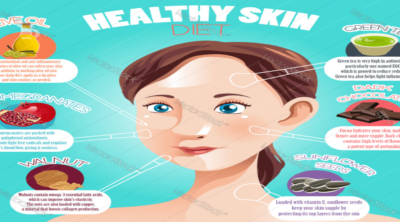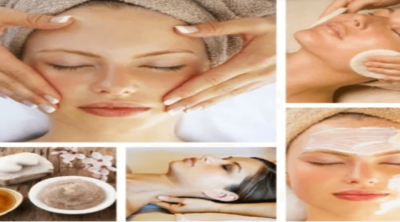
Tocopheryl acetate is a vitamin E supplement and found in a variety of skin care products. The following BeautiSecrets article elaborates more on the benefits of this supplement.
Tocopheryl acetate might be an unfamiliar name for you, but it is a well-known vitamin E supplement in the cosmetic and the skin care industry. Also referred to as vitamin E acetate, the supplement displays antioxidant properties and is also available as a powdered form of vitamin E.
This form of vitamin E is also an important constituent of wide range of food sources that include green vegetables, peanuts, eggs, meat, and milk. Vitamin E acetate is also naturally found in cooking oils like soybean, canola, safflower, and sunflower.
Uses
Being a vitamin E supplement, it can also play a very important role to maintain skin health. Thanks to its UV protecting action, the supplement has become an integral part of various skin care products. The activity of vitamin E acetate inhibits loss of moisture from the outermost layer of the skin (epidermis), thus preventing the skin from becoming dry. Thus, this supplement also helps to maintain optimum moisture levels of the skin. It is also observed that rough cracked skin responds quite well to tocopheryl acetate-based products.
Recent studies show that this supplement is also present in the following cosmetics:
- Lipstick
- Highlighters
- Eyeshadows
- Face powder
- Blushers
Hunting for a bath soap that could help nourish the skin and keep it supple and beautiful? Well, you need to choose one that contains tocopheryl acetate. Equipped with skin nourishing properties, this acetate can work wonders to keep the skin smooth for years down the line. Moreover, studies have confirmed that cosmetics containing vitamin E acetate are gluten free.
Safety
Tocopheryl acetate infused in various skin care and cosmetic products, is a water-soluble form of vitamin E. Addition of this vitamin supplement in various topical products has received FDA approval, which means it is safe to apply these products. If used cautiously and in moderation, it certainly won’t irritate the skin.
Disclaimer: The information provided in this article is solely for educating the reader. It is not intended to be a substitute for the advice of a medical expert.


